17. Widows
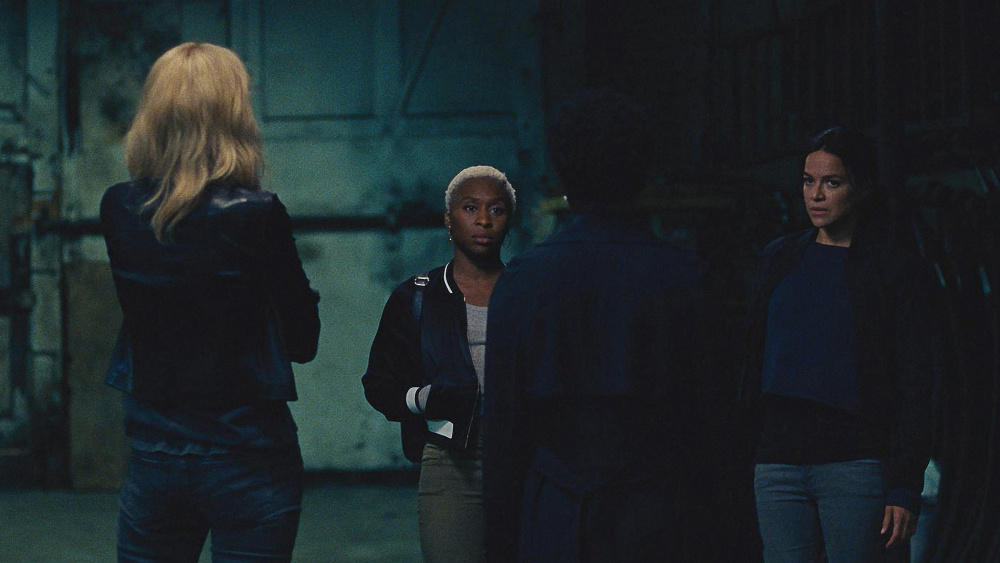
With his first three films Hunger, Shame, and 12 Years a Slave, filmmaker Steve McQueen crafted gripping and emotionally devastating dramas about characters in vulnerable situations, and while Widows falls into the category of genre fare, it retains all the emotional impact of his previous films. Following the wives of a deceased heist team, the film empathizes deeply with these women and goes in depth in showing how they used their skill sets to pull off a heist.
The brilliant script from Gone Girl author Gillian Flynn finds the intersection between crime and politics, and uses the backdrop of two warring mayoral candidates, played by Colin Farrell and Brian Tyree Henry, as a window into how the upper class looks down upon the main characters. In a standout performance as the brother of Brian Tyree Henry’s character, Daniel Kaluuya plays a terrifying silent threat of a mob enforcer that investigates the heist.
16. Source Code
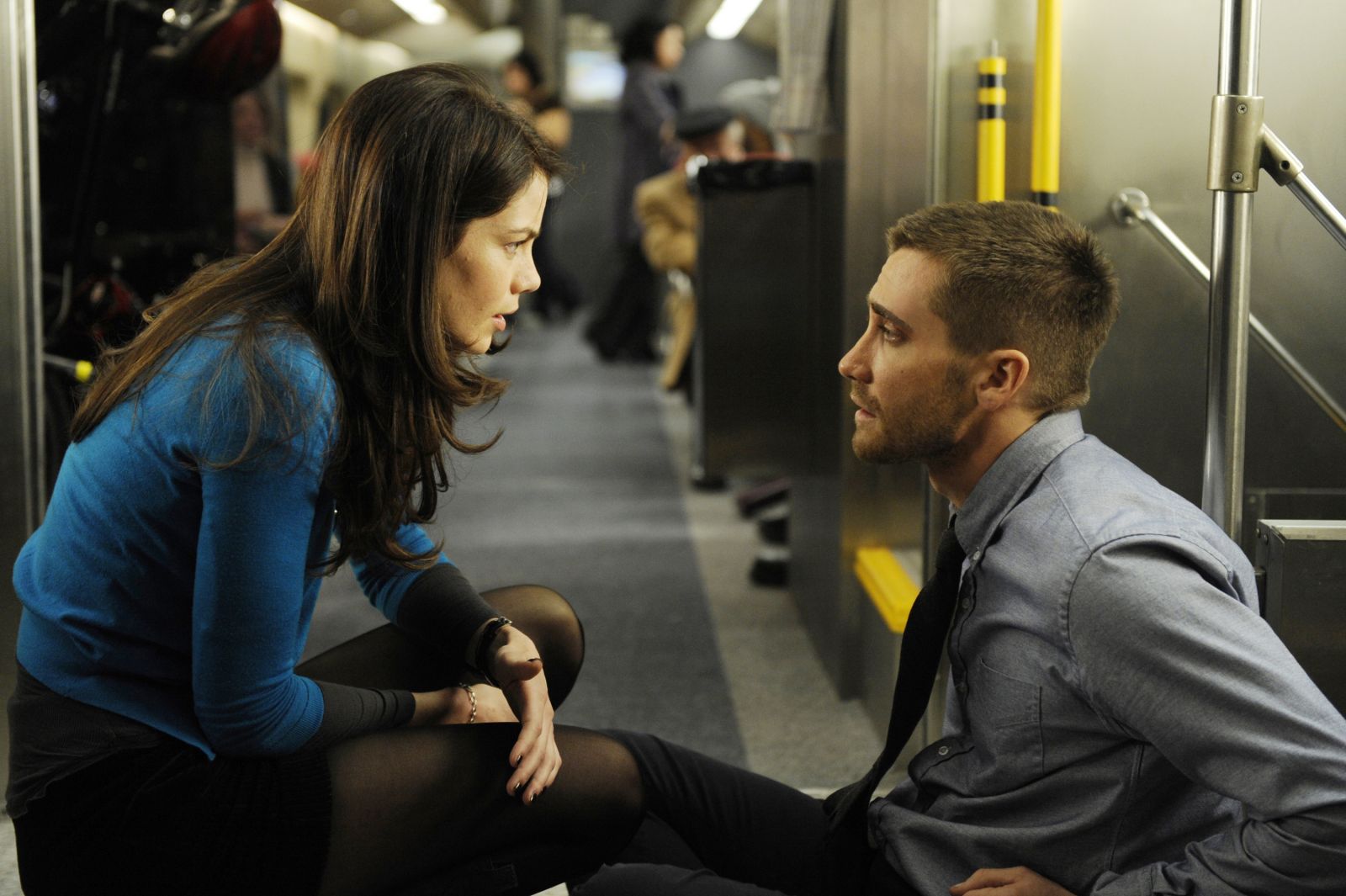
Lifting the premise of a repeated day that was essential to Groundhog Day and using it as a sci-fi thriller, Source Code is an engaging take on simulated reality that puts its emphasis on the human element. Jake Gyllenhaal gives a performance reminiscent of one of Hitchcock’s everyman heroes, playing former army pilot Colter Stevens, who is inserted into a simulated reality of a train bombing for eight minutes, and continuously returns to the scenario to find the perpetrator. These events have already happened, but there is a race against time for Stevens to find the bomber before he strikes again in the real world.
What makes the film so philosophically interesting is the ramifications that Stevens faces as he repeats this scenario; he’s in someone else’s body and gets to live out a heroic fantasy that is far different than from what he actually did during his life. With a contained train location similar to Stranger on a Train or Murder on the Orient Express, Source Code is a fresh synthesis of its different influences.
15. Sicario
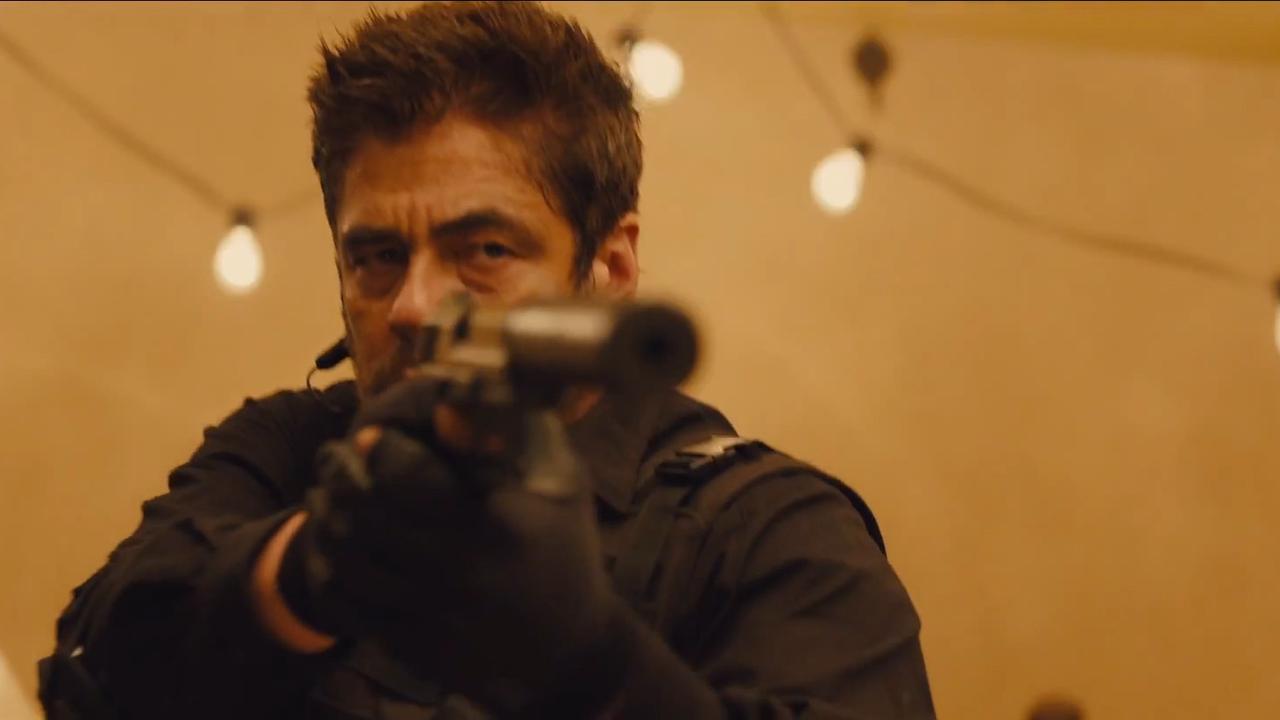
Few films have explored the cyclical nature of violence with the detailed nature of Sicario, a film that combines the creative storytelling of director Denis Villenueve, the neo-Western themes of screenwriter Taylor Sheridan, and the beautiful imagery of cinematographer Roger Deakins into a breathless action thriller. The key to this story is its perspective, as it shows how the naive FBI agent Kate Marcer (Emily Blunt) is slowly drawn into the world of drug cartel wars through the influence of the erratic hitman Alejandro (Benicio del Toro).
Kate’s perspective is vital as she slowly begins to understand the reality of the situation and the lengths that the military will go to justify the continued campaign across the border, but the shocking switch to Alejandro’s perspective in the third act sets up a gripping revenge storyline. While the 2018 sequel Sicario: Day of the Soldado offered some solid action sequences and another great performance from del Toro, it lacked the slow burn restraint of the first film.
14. The Town
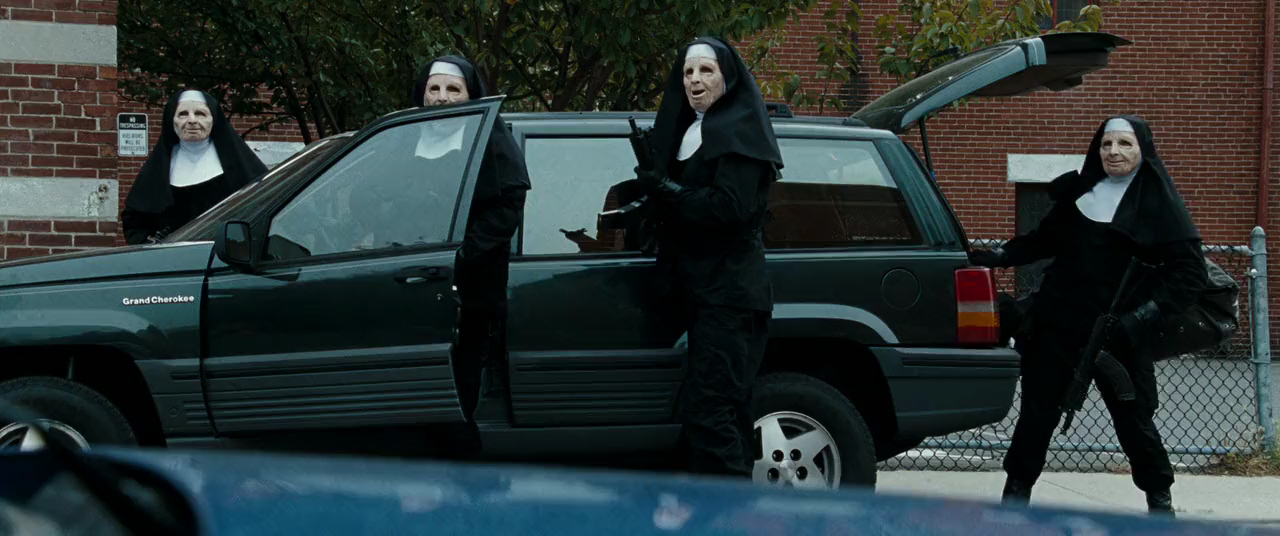
Ben Affleck is clearly very passionate about his hometown of Boston, and this terrific entry into the subgenre of Boston crime dramas turns the city into a character of its own. Affleck has often been a hit and miss actor, but under his own direction he gives one of his best performances as Doug MacRay, a veteran bank robber who seeks to escape his dangerous lifestyle.
Doug is swayed by the relationships within his life, as his erratic companion Jem Coughlin (played by Jeremy Renner in one of his most entertaining performances) and estranged father Stephen (played by Chris Cooper, who always excels at playing disappointed dads) haunt him, but he finds solace in a relationship with a local woman (Rebecca Hall), who is unaware of his secret occupation. Affleck crafts exciting action sequences that reflect his familiarity with Boston, and while it undeniably draws inspiration from Michael Mann’s films, The Town shows that Affleck can redefine the genre with a personal touch.
13. Captain Phillips
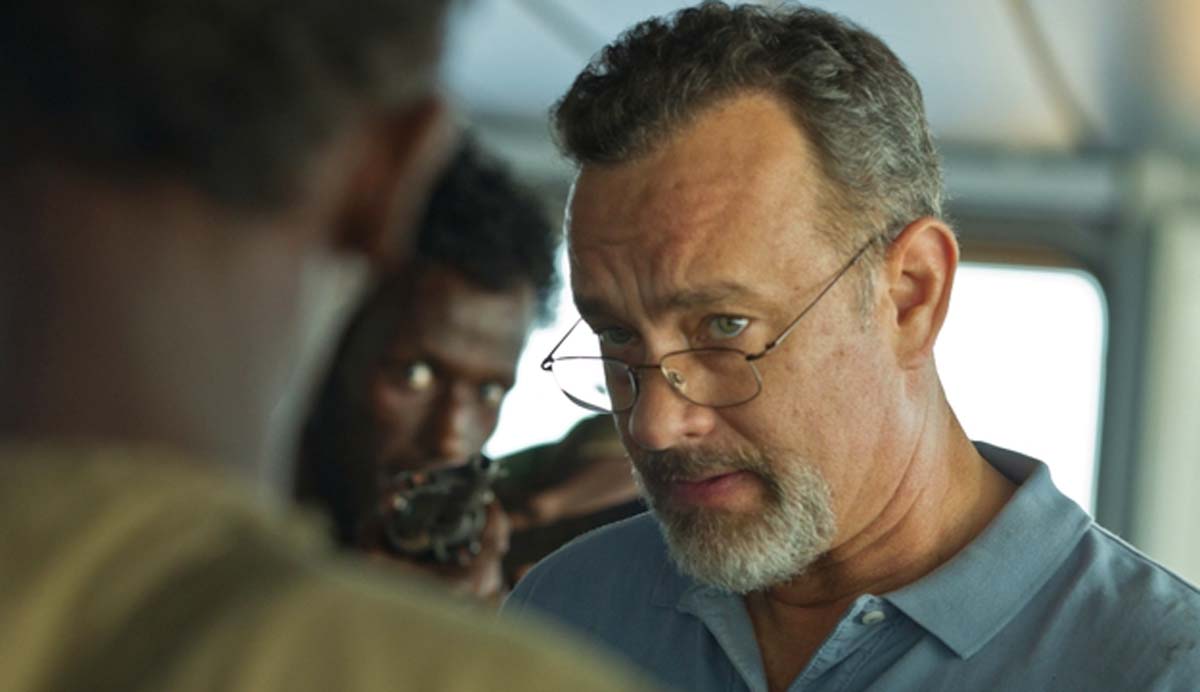
Paul Greengrass is renowned for his up close and personal suspense films, and Captain Phillips is another example of how true events can be transformed into gripping drama. Tom Hanks’s performance as Richard Phillips, a shipping captain who must protect his crew from being taken over by Somalian pirates, is one of the best roles of his career; Hanks has to show complete control over the situation and must remain collected as he maintains responsibility for his crew, but in the film’s final moments he finally has a breakdown in which all his repressed emotions bubble to the surface.
Facing him is an unforgettable performance by Barkhad Abdi as the lead pirate Abduwali Muse, and despite this being Abdi’s first performance, he is suitably terrifying and contends with Hanks for control in every confrontation. Greengrass shows the psychological battle between the two as their respective crews vie for control, and the final rescue mission easily ranks as one of the most nail biting scenes of the decade.
12. The Ides of March
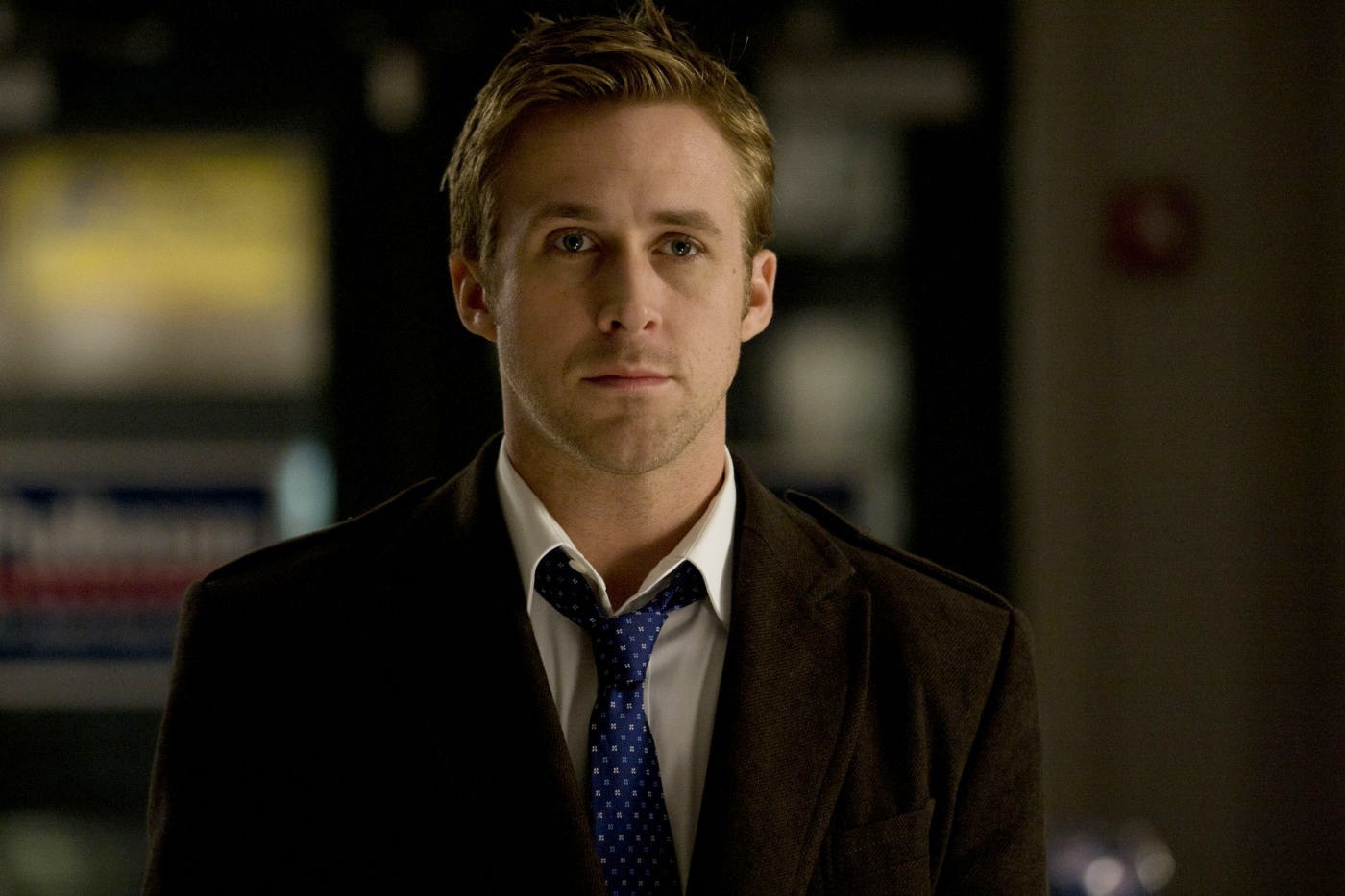
An ingenious take on the nature of political campaigns, The Ides of March is able to explore the crisis of faith that a political staffer (Ryan Gosling) faces when he realizes that the presidential candidate (George Clooney) he’s been supporting is harboring some sinister secrets. It’s a brilliant way to explore how individual morality impacts decisions that are instrumental to the political process, and as the writer and director, George Clooney depicts the cutthroat political backstabbing with a searing cynical edge.
While Gosling is phenomenal as the troubled staffer, the film’s really excels due to the more outlandish performances by Phillip Seymour Hoffman and Paul Giamatti, both of whom play ruthless campaign managers who are willing to break past any barriers to claim victory. Clooney has developed as an interesting filmmaker with a real knowledge of how to direct actors, and The Ides of March puts an unbearable tension on its characters as their actions decide the future of the presidency.
11. Burning
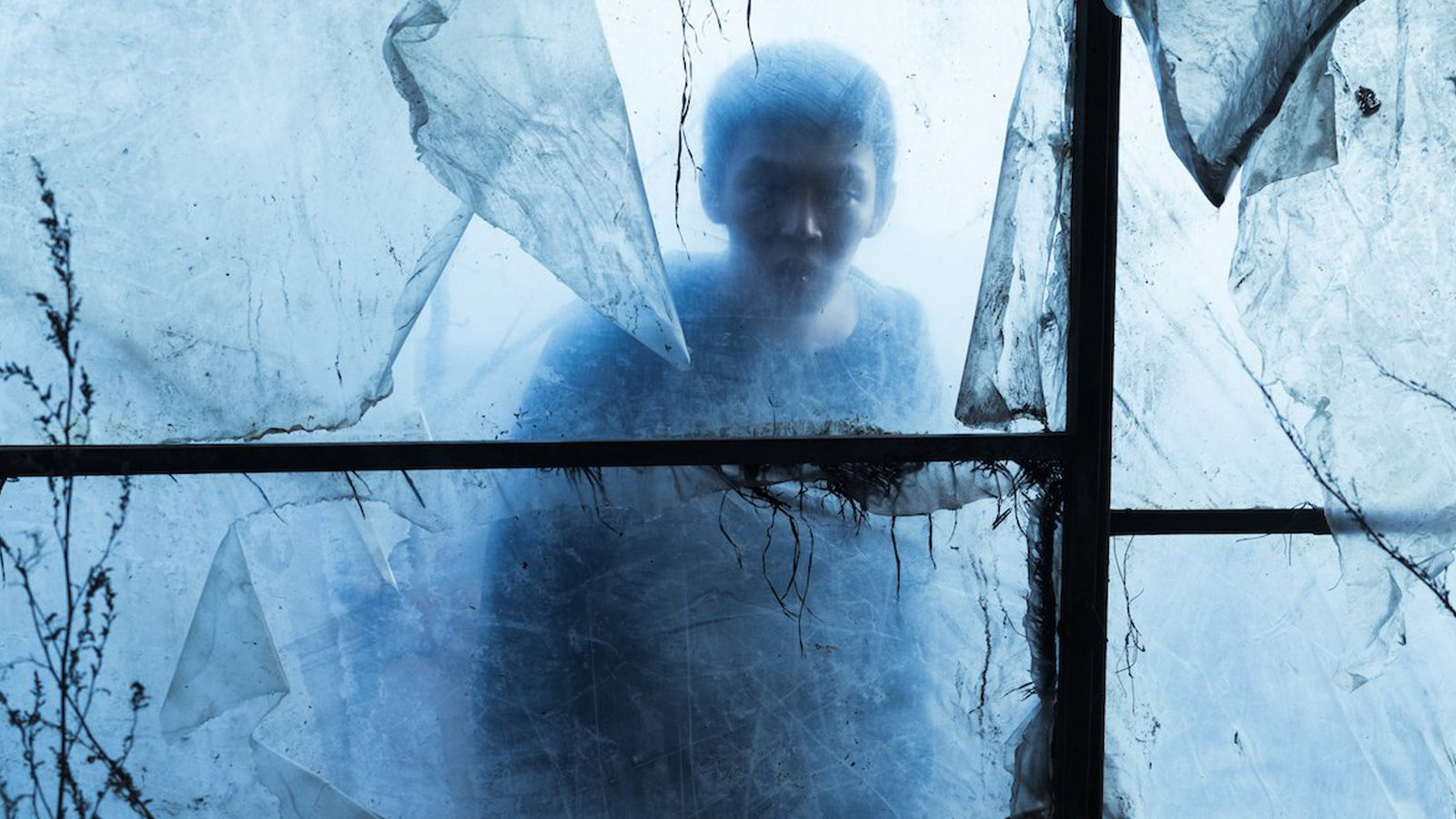
The brilliance of Burning is that its entire perspective is warped based on its lead character’s perception of reality; Jong-su (Yoo ah-hi) grows obsessed with his neighbor Hae-mi (Joen Jong-seo) and her boyfriend Ben (Steven Yeun), and his jealousy of the two fuels his selective attention to the privileges he isn’t accustomed to. Ben is rich, boastful, and seemingly lives untouched by law enforcement or any social order, and his freeness to pursue his most twisted desires perfectly mirrors Jong-su’s feelings of entrapment based on his social class and his father’s upcoming court case.
There’s a sense of suspense because each character is unpredictable in their own way, and Jong-su’s desire for upward mobility manifests in shocking ways. With Burning, filmmaker Lee Chang-dong created a timely piece about class differences that is worth revisiting for all its subtle details.
10. The Hateful Eight
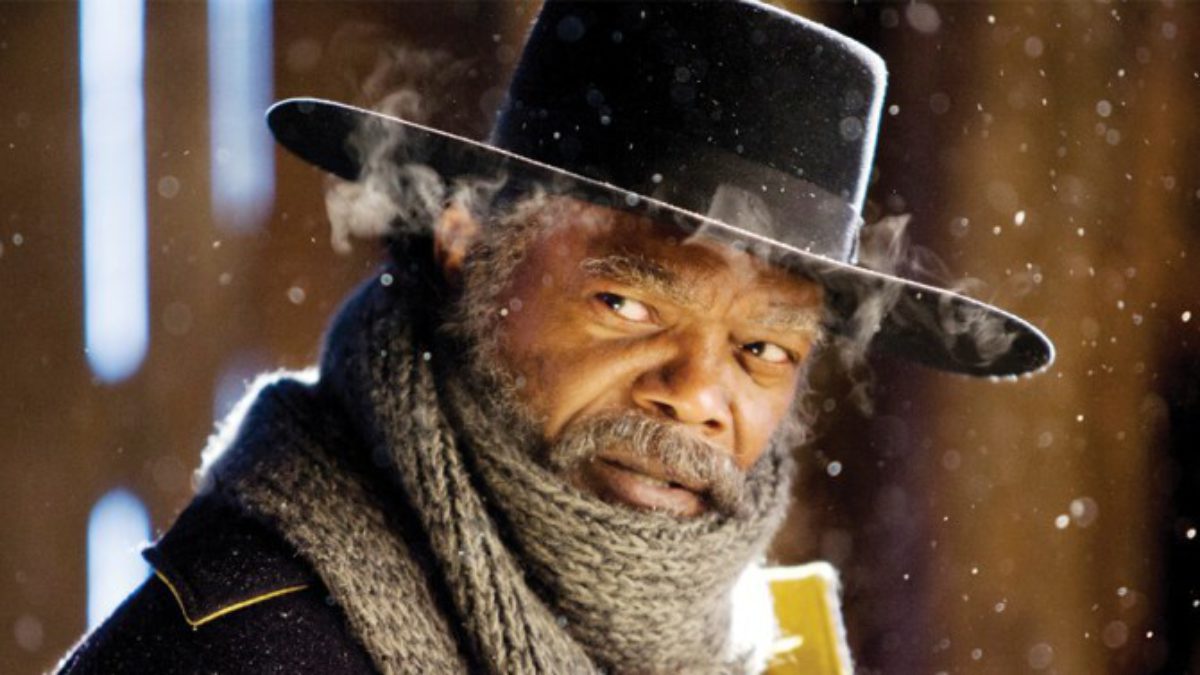
Combining Tarantino’s interest in classic westerns and bottle scenarios, The Hateful Eight is a full on tribute to old fashioned filmmaking that lends Tarantino’s signature mix of violence and striking dialogue to this iconic format. Unlike most of Tarantino’s other films, each character in The Hateful Eight is almost completely unlikeable and reveals sordid details about their own pasts, so seeing this motley group double cross and attack one another as they confront their own anxieties offers some of Tarantino’s most sick and twisted scenarios to date.
Each performer does an excellent job, with Samuel L. Jackson in particular giving a chilling performance as a grizzled bounty hunter who sets off the film’s first act of violence. Unpredictable in the way Tarantino’s best films are, The Hateful Eight is a sly subversion of the whodunit.
9. Nightcrawler
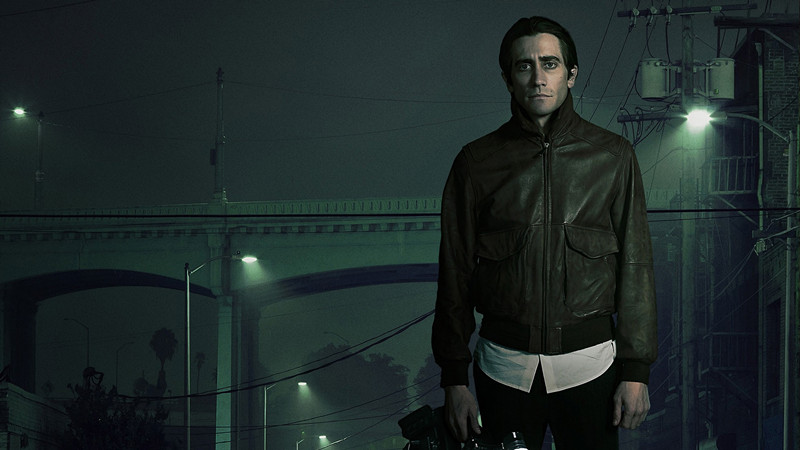
Jake Gyllenhaal has slowly risen among his peers to become one of the best actors of his generation, and Nightcrawler is the film that solidified this distinction, as he completely transforms into the idiosyncratic stringer Lou Bloom who profits off of collecting violent crime scene photos. Bloom is clearly a psychopath with no grasp on normal human interaction, and he only seems to understand people through their relationship with news media, a medium he only associates with shocking acts of violence.
Bloom’s fascination with crime makes his transition from bystander to perpetrator realistic, and Gyllenhaal’s quirky infliction and idiosyncratic mannerisms also give the film a sense of levity. Bloom is an unforgettable film character that drives much of the film’s tension with his unpredictability, making Nightcrawler a darkly comic thrill ride.